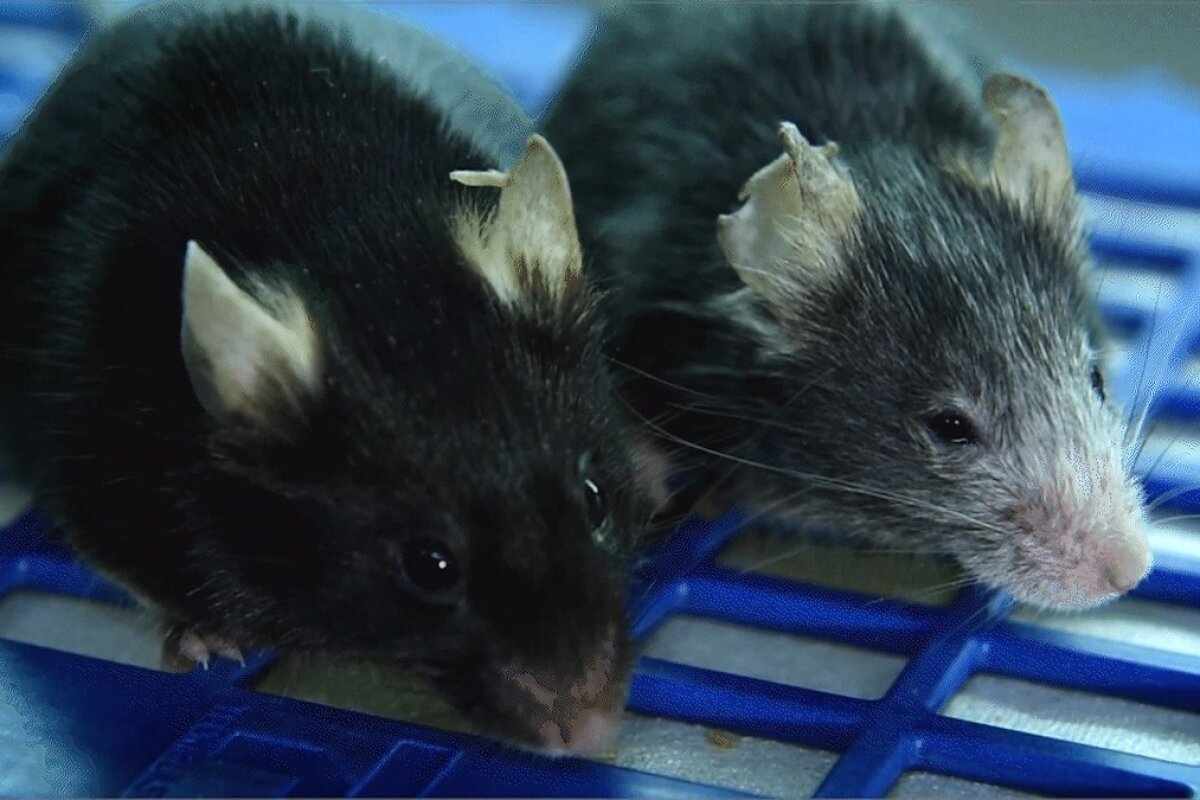Epigenetic reboot reverses aging in mice and could extend lifespan
Date: 16.1.2023
Scientists at Harvard Medical School have investigated why we age, and identified a possible way to reverse it. In tests in mice, the team showed that epigenetic “software glitches” drive the symptoms of aging – and a system reboot can reverse them, potentially extending lifespan.
 Environmental and lifestyle factors like diet, exercise and even childhood experiences could change epigenetic expression over our lifetimes. Epigenetic changes have been linked to the rate of biological aging, but whether they drove the symptoms of aging or were a symptom themselves remained unclear.
Environmental and lifestyle factors like diet, exercise and even childhood experiences could change epigenetic expression over our lifetimes. Epigenetic changes have been linked to the rate of biological aging, but whether they drove the symptoms of aging or were a symptom themselves remained unclear.
For the new study, researchers at Harvard conducted experiments in mice to find out. Using a system called inducible changes to the epigenome (ICE), the team sped up the natural process of DNA damage and repair in mice, to check whether this also accelerated aging symptoms.
Scientists say they’ve confirmed the role of the epigenome in aging. The next step was to test whether we can do anything about it, so the team administered a gene therapy cocktail of three genes, known as Oct4, Sox2 and Klf4. These are active in stem cells, and in previous work the team found that they could be used to restore vision to mice with age-related glaucoma.
In this case, the ICE mice experienced a dramatic reduction in biomarkers of aging. Their epigenomes became unscrambled and returned their tissues and organs to a more youthful state.
“It’s like rebooting a malfunctioning computer,” said David Sinclair, senior author of the study. “[It] set in motion an epigenetic program that led cells to restore the epigenetic information they had when they were young. It’s a permanent reset.”
Image source: Harvard Medical School.























